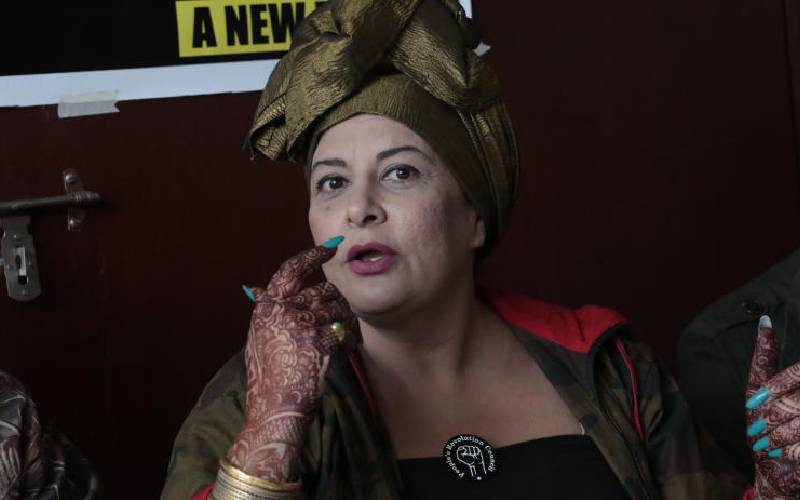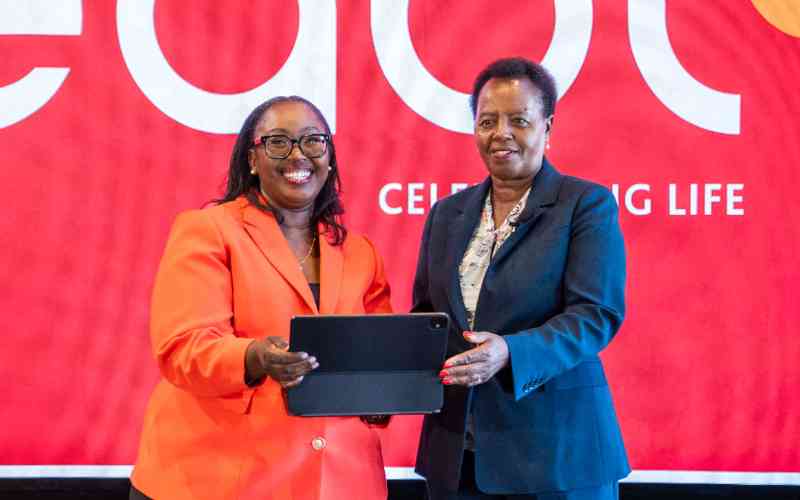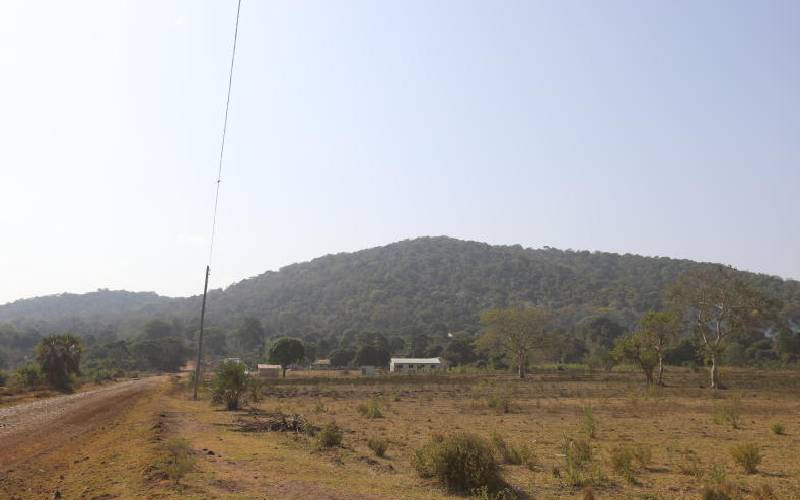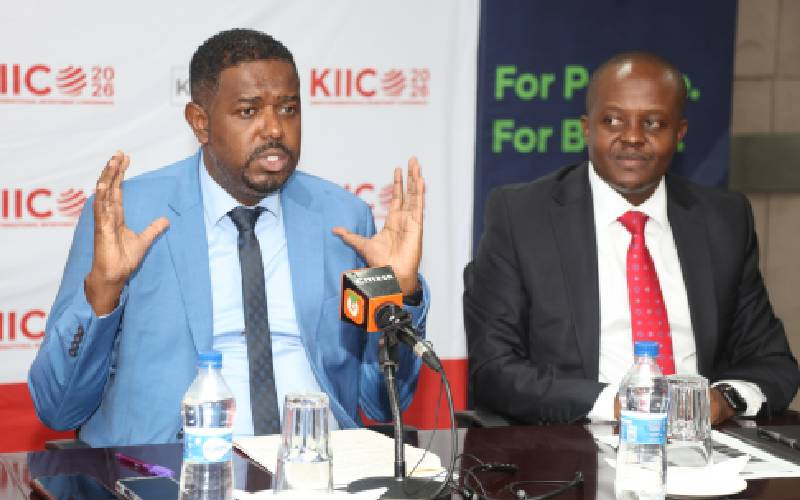×
The Standard e-Paper
Stay Informed, Even Offline

The High Court has lifted the last education requirement for Kenyan leaders after declaring that presidential candidates without university degrees can run for office.
The verdict by Justice Anthony Mrima renders the positions of the presidency, governor, MP and MCA free for all.







